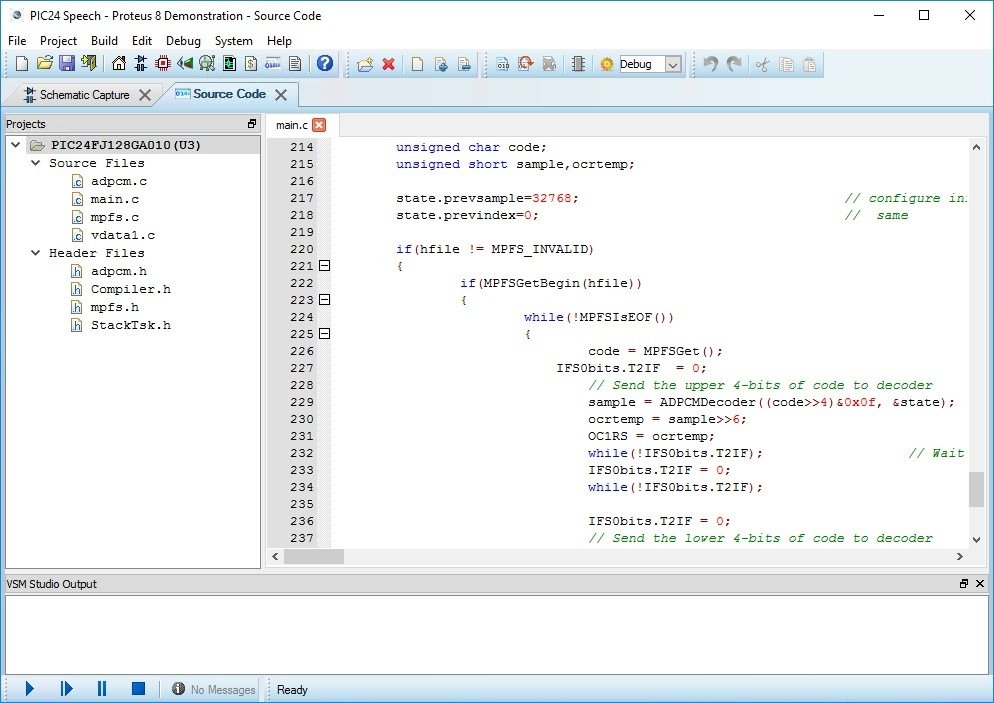


#Proteus for programming software
Guidelines and using the templates available in the software development kit the new functions can be invokedĮxactly the same way as the predefined ones, passing expressions by value or variables by reference. The user, besides writing new high-level functions in Proteus, can add new functions in C/C++ by following the To keep them comprehensible, medium-length keywords were adopted. The functional approach and the extensive library of built-in functions allow to write very short but powerful scripts basic (Dos like, having just the wildcards "?" and "*").īoth types of expressions can be used to parse and compare data.Two types of regular expressions are supported: Proteus supports associative arrays (called sets) and AVL trees, which are very useful and powerful to quickly sort calculating logical and mathematical expressions.interacting with the user (console functions).Proteus includes hundreds of functions for: There is no need to add parenthesis in expressions to determine the evaluation order, because the language is fully functional (there are no operators). Type declaration is unnecessary: variable type is determined by the function applied – Proteus converts on the flyĮvery variable when needed and holds previous data renderings, to avoid performance degradation caused by integer numbers returned by item creation functions. new functions can be defined and used as native functions.ĭata types supported by Proteus are only three: integer numbers, floating point numbers and strings.Īccess to advanced data structures (files, arrays, queues, stacks, AVL trees, sets and so on) takes place by.all the typical control structures are available (if-then-else for-next while-loop repeat-until switch-case).variables are untyped, do not need to be declared, can be local or public and can be passed by value or by reference.Proteus has a fully functional, procedural approach.The language can be extended by adding user functions written in Proteus or DLLs created in C/ C++.Īt first sight, Proteus may appear similar to Basic because of its straight syntax, but similarities are limited availability of advanced data structures: arrays, queues (single or double), stacks, bit maps, sets, AVL trees.Proteus was designed to be practical (easy to use, efficient, complete), readable and consistent.
#Proteus for programming windows
Most of these additional functions are only available in the Windows flavour of the interpreter, even though a Linux
#Proteus for programming serial
The language was later focused on Windows, byĪdding hundreds of specialized functions for: network and serial communication, database interrogation, system service creation, console applications, keyboard emulation, ISAPI scripting (for IIS). Proteus was initially created as a multiplatform ( DOS, Windows, Unix) system utility, to manipulate text and binary files and to create CGI scripts.


 0 kommentar(er)
0 kommentar(er)
